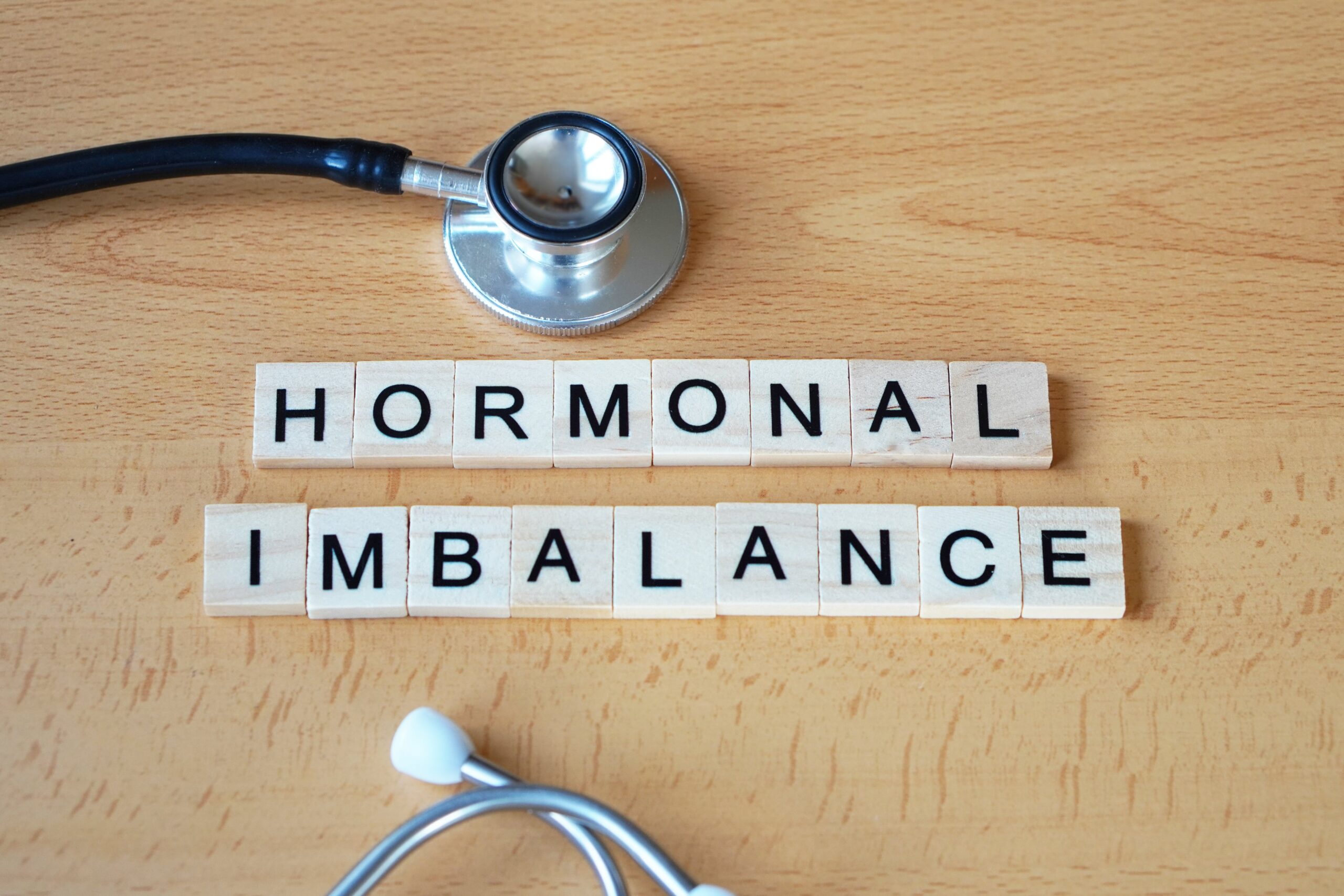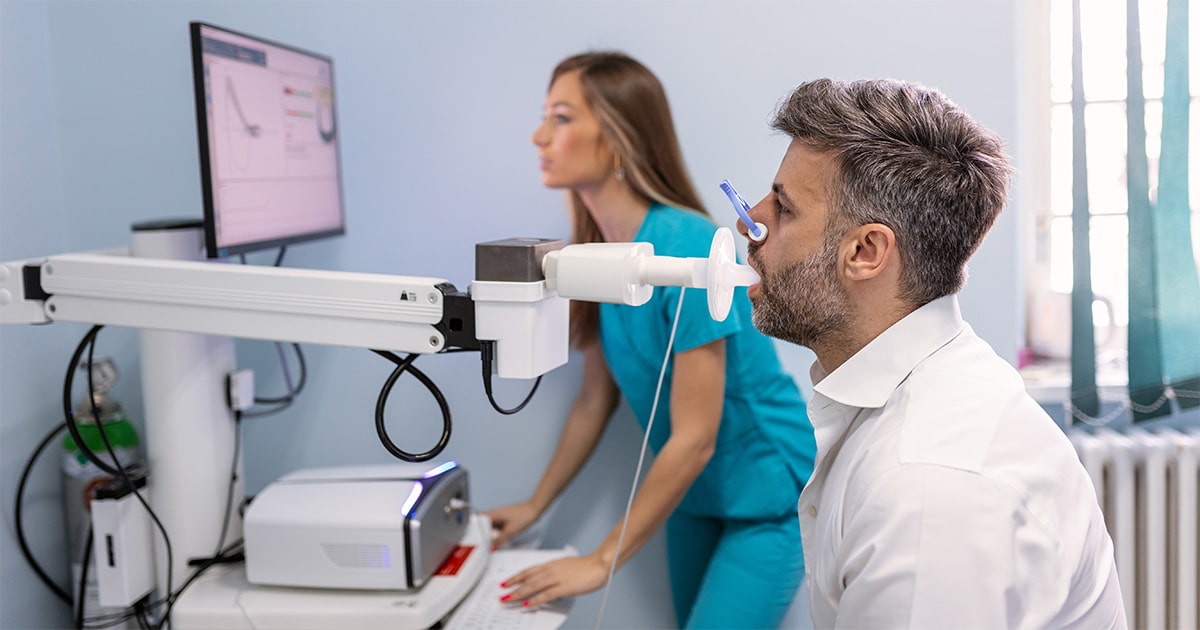In many cases, both a family medical doctor and a gynecologist can provide the well woman care you need, including annual pelvic exams, breast examinations, Pap smears, and mammogram scheduling. With both healthcare providers available to you, how do you decide who to visit for your women’s health maintenance? We will examine this question in detail below and provide guidance.
The Case for Family Doctors Providing Well Woman Care
The majority of the time, your family doctor will know you and your situation better than any other healthcare provider. This means they are familiar with your family history, your social circumstances, and, of course, your medical history. Patients are also likely to be most comfortable with a medical provider who they have seen for years and/or see most frequently.
Besides health maintenance, your family doctor will also be able to handle common women’s health problems like vaginal yeast infections, possible sexually-transmitted infections, abnormal vaginal discharge, and some types of pelvic pain. Certain family practitioners even provide prenatal care for healthy, low-risk pregnancies, but most commonly they will refer your prenatal care to an obstetrician. You can rest assured that if you encounter a problem outside of your family doctor’s realm of expertise, they will always refer you to a qualified OB-GYN.
Naturally, not every situation is the same. Some women may have a great doctor/patient relationship with their gynecologist and prefer to visit them for all their women’s health maintenance needs. There is nothing wrong with this approach. However, you should understand that while your gynecologist can provide your well woman healthcare, gynecologists do not typically treat routine health issues, such as sinus infections or seasonal allergies.
A girl’s first gynecologic examination is an exception to the above point. Girls should receive their first gynecologic examination when they become sexually active or by age 21. It is advisable to have your family doctor perform this first examination as you are unlikely to have a gynecologist of your own at this time, and you’ll want a physician with whom you are familiar and comfortable.
When to See an OB-GYN
If you need anything other than routine gynecologic care, your family doctor will refer you to an OB-GYN. On the gynecologic side, problems such as persistent abnormal menstrual periods, fertility issues, gynecologic cancers, and the need for any gynecologic surgery should be addressed by an OB-GYN or another type of specialist that your family doctor can refer you to.
If you have family or personal risk factors that could lead to pregnancy complications, you should receive prenatal care from an OB-GYN. In fact, if you may be at high risk, it is a good idea to establish care and get screening from an OB-GYN before trying to conceive. An OB-GYN can also address undesired fertility with a tubal ligation (having your tubes tied), an intrauterine device (IUD), or another form of birth control.
Financial Concerns
Although quality healthcare is a top priority, financial considerations can often times play a role in your provider selection. In general, visiting your family physician will probably cost you less out-of-pocket than seeing your OB-GYN. This is because most insurance plans require you to have a primary care provider (PCP) who is almost always your family doctor. Office visits to your PCP will usually come with lower co-pays than office visits to any specialist, including an OB-GYN. The difference can be 50% less or more.
Looking For a Primary Care Doctor in Connecticut?
PACT Primary Care is Accepting New Patients!
Locations throughout Connecticut in Guilford, Hamden, Madison, Milford, New Haven, Orange, West Haven and Wallingford.
To schedule an appointment, request an appointment online here or call a local center near you.








